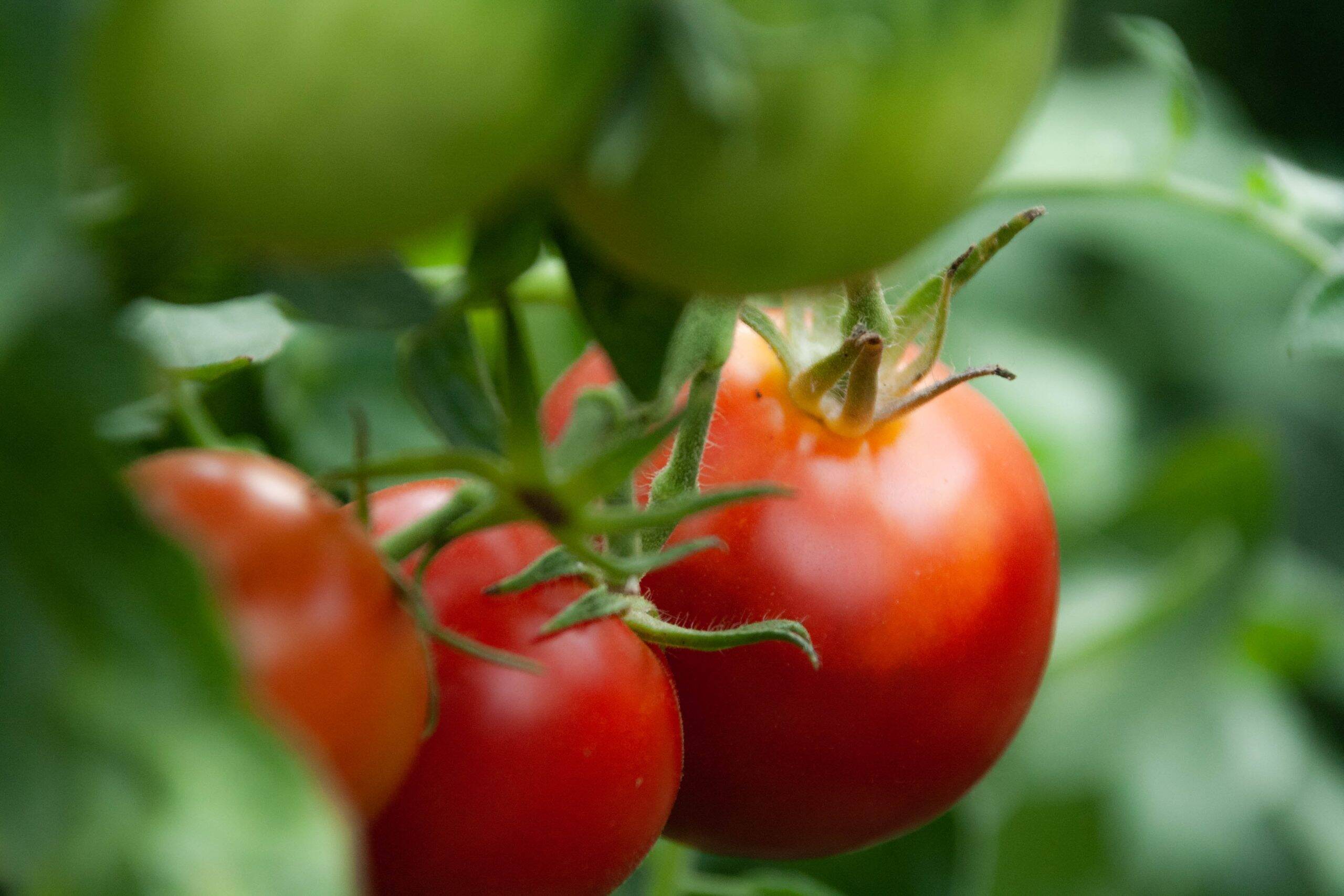
Hybrid varieties are a fascinating blend of two different plant species, creating a new, unique plant. These hybrids often boast improved traits like better disease resistance, higher yields, and more vibrant colors. But what exactly makes them so special? Hybrid plants are created through controlled pollination, where pollen from one plant is transferred to the flower of another. This process combines the best characteristics of both parent plants. Farmers and gardeners love hybrids because they can offer more robust growth and adaptability to various climates. Curious about the magic behind these plants? Let's dive into 22 intriguing facts about hybrid varieties that will leave you amazed!
What Are Hybrid Varieties?
Hybrid varieties are plants or animals bred by combining two different species or strains. This process aims to produce offspring with desirable traits from both parents. Here are some fascinating facts about hybrid varieties:
-
Hybrids are not GMOs: Hybrids result from traditional breeding methods, not genetic modification in a lab.
-
Increased Yield: Many hybrid crops produce higher yields than their parent varieties.
-
Disease Resistance: Hybrids often have better resistance to diseases, reducing the need for pesticides.
-
Uniformity: Hybrid plants tend to grow more uniformly, making them easier to harvest.
-
Vigor: Known as "hybrid vigor," hybrids often grow faster and stronger than their parents.
History of Hybrid Varieties
The concept of hybridization has been around for centuries. Early farmers noticed that crossing different plants could produce better crops.
-
Ancient Practice: Hybridization dates back to ancient civilizations like the Egyptians and Romans.
-
Gregor Mendel: The father of genetics, Mendel's experiments with pea plants laid the groundwork for modern hybridization.
-
First Hybrid Corn: In the 1920s, the first commercial hybrid corn was developed, revolutionizing agriculture.
Benefits of Hybrid Varieties
Hybrids offer numerous advantages that make them popular among farmers and gardeners.
-
Better Taste: Many hybrid fruits and vegetables are bred for improved flavor.
-
Shelf Life: Hybrids often have a longer shelf life, reducing food waste.
-
Climate Adaptability: Some hybrids are designed to thrive in specific climates, making them more resilient.
-
Nutritional Value: Certain hybrids are bred to be more nutritious, offering health benefits.
Challenges of Hybrid Varieties
Despite their benefits, hybrids come with their own set of challenges.
-
Cost: Hybrid seeds are often more expensive than traditional seeds.
-
Seed Saving: Seeds from hybrid plants don't always produce true-to-type offspring, making seed saving difficult.
-
Dependency: Farmers may become dependent on seed companies for new seeds each year.
Examples of Hybrid Varieties
Hybrids are found in many areas of agriculture and horticulture. Here are some well-known examples:
-
Mule: A hybrid between a horse and a donkey, mules are known for their strength and endurance.
-
Broccolini: A cross between broccoli and Chinese kale, broccolini has a sweeter taste.
-
Tangor: A hybrid fruit combining tangerine and orange, tangors are juicy and flavorful.
-
Pluot: A mix of plum and apricot, pluots are sweet and often used in desserts.
Future of Hybrid Varieties
The future of hybrid varieties looks promising, with ongoing research and development.
-
CRISPR Technology: New gene-editing tools like CRISPR could make hybridization more precise.
-
Sustainable Farming: Hybrids can play a role in sustainable farming practices by reducing the need for chemical inputs.
-
Global Food Security: Hybrids could help address global food security by producing more resilient and productive crops.
The Final Word on Hybrid Varieties
Hybrid varieties offer a fascinating blend of traits from different species, resulting in plants and animals with unique characteristics. These hybrids can be more resilient, productive, and sometimes even more beautiful than their parent species. From hybrid fruits like the tangelo to hybrid animals like the liger, these combinations showcase the wonders of nature and science working together.
Understanding hybrids helps us appreciate the diversity and potential within our world. Whether it's for agriculture, conservation, or just curiosity, hybrids play a crucial role in our lives. They remind us that innovation often comes from blending the best of different worlds.
So next time you enjoy a pluot or marvel at a mule's strength, remember the incredible science behind these hybrids. They truly are a testament to human ingenuity and nature's endless possibilities.
Was this page helpful?
Our commitment to delivering trustworthy and engaging content is at the heart of what we do. Each fact on our site is contributed by real users like you, bringing a wealth of diverse insights and information. To ensure the highest standards of accuracy and reliability, our dedicated editors meticulously review each submission. This process guarantees that the facts we share are not only fascinating but also credible. Trust in our commitment to quality and authenticity as you explore and learn with us.


